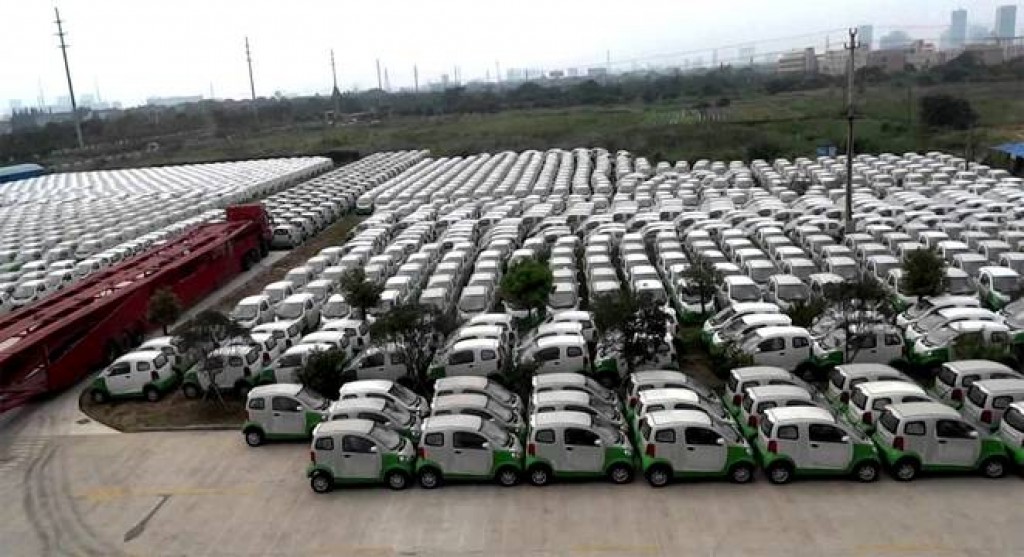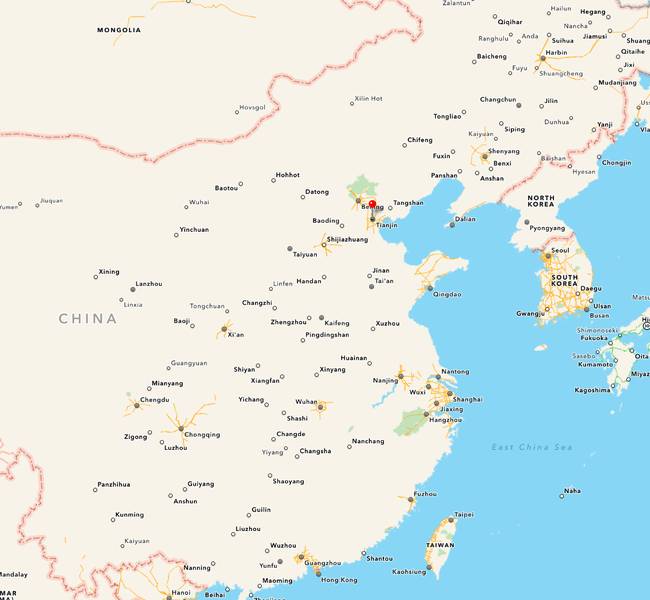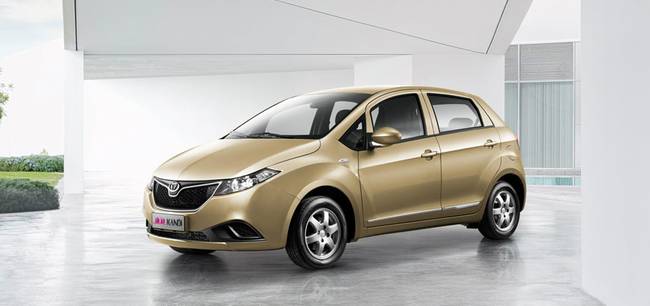RECOMMENDED VIDEOS

ECO.3 Surface Guard
Hydros Solutions Ltd

SEA TERMINALS Eco-Efficient Transport and Port Equipment
Valenciaport Foundation

How Electric Car Wireless Charging Works
EcoCars4Sale

ONI Nano
Aetheros Sdn bhd

DRÄXLMAIER Green Logistics
DRÄXLMAIER Group
Related Stories
Students compete to design energy-efficient, battery-powered rail vehicles
California makes huge investment in ‘widespread transportation electrification
EvoWheel converts almost any bicycle into an electric bike in just 30 seconds
The E-Fan X jet heralds an electric passenger plane revolution
Manta5’s new electric water bike lets you cycle on rivers and lakes
30 Nov, 2015

Tianjin, China's 4th largest city, will get 1,000 EV fleet for car-sharing
Green Transportation & Logistics | CHINA | 30 Nov, 2015
Published by : Ecotechtube
China is so vast and so populous that there are multiple cities of 10+ million population that most people outside of the country have probably never heard about. One of those is Tianjin, with over 15 million inhabitants in its municipal area, making it the fourth largest city after Shanghai, Beijing, and Guangzhou. It might be flying a bit under the radar on the international stage, but it is doing some interesting things to try to combat China's terrible pollution problem (being close to Beijing doesn't help).

Apple Maps/Screen Capture
One of these is a new car-sharing program that will use a thousand EVs from Kandi Electric Vehicles (a 50/50 joint venture between Kandi and Geely Automobile). You can see the K10 EVs in the photo at the top of this post, looking a bit like a cross between a smart car and a Mitsubishi i MiEV.

Kandi/Promo Image
The vehicles are expected to be delivered by the end of 2015. It's not entirely clear when the car-sharing program will launch, but hopefully soon afterwards. One of the main benefits of shared cars is that each one replaces multiple private cars, something that China's clogged roads could use.
Of course, car-sharing, even with electric cars, isn't a panacea. But it is one of many tools that China can use to improve things. Combined with quality mass transit, good bike infrastructure (some Chinese cities have huge bike shares), and a serious regulatory tightening of the screws on heavy industry and power generation (which is starting to happen because things have gotten so bad), we'll get somewhere.
Another problem is that China's power grid is very dependent on coal, so EVs aren't as clean there are they are elsewhere. But at least EVs can become cleaner as the grid improves, while gasoline vehicles tend to just get worse as they age. And China has been stepping up its investments in wind, solar, and hydro very aggressively in the past few years, leading the world in most cases. There also seems to be more political will to deal with pollution problems than ever before - after all, even communist party leaders have to breathe the air - which could mark a turning point.
We're far from out of the woods, but I'm confident the people of China will make the right decisions over time; for a long time they were very very poor, and all that mattered was getting richer. Now that they are, I think they'll have no choice but to realize that this is not enough when the air is foul and the water poisoned...
Article source : Treehugger.com
By : Michael Graham Richard
